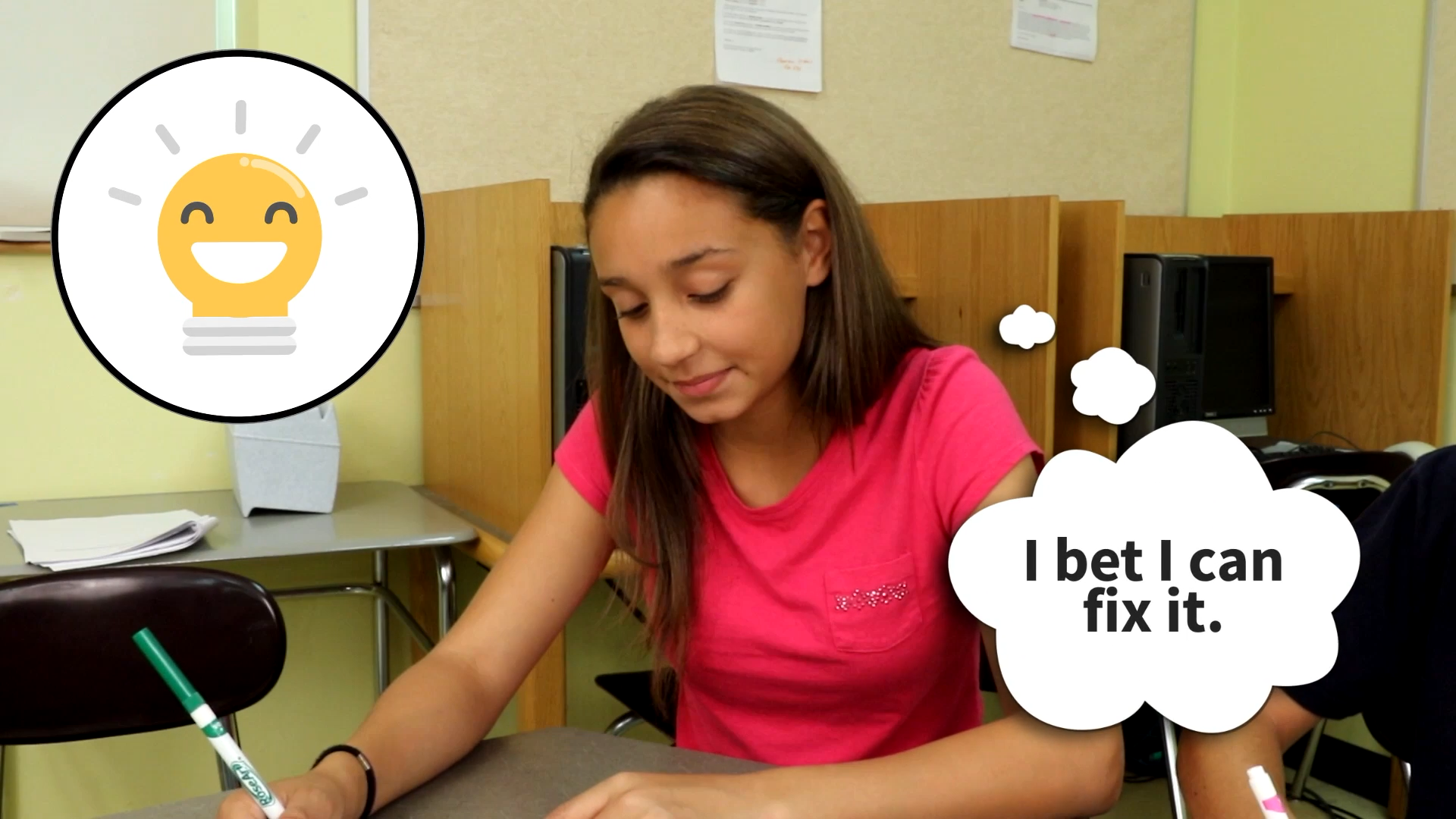
Introduction
As educators, we often encounter students who face challenges and feel frustrated when something is difficult for them. It’s essential to teach middle school students how to stay positive and keep trying even when things get hard. By developing perseverance and a growth mindset, students can overcome obstacles, learn new things, and improve their skills. This blog post will discuss an engaging no-prep activity, provide discussion questions, and mention related skills that will help students adopt a positive attitude and keep trying in the face of challenges.
No-Prep Activity: The Positivity Challenge
This activity requires no preparation or materials from the educator. It aims to help students practice positive thinking and develop strategies to deal with challenging situations. Follow these steps to conduct the activity:
- Divide students into small groups or pairs.
- Ask each group to think of a challenging situation they have faced or might face in the future.
- Have students discuss the negative thoughts they might experience in that situation and how those thoughts can affect their performance and willingness to continue.
- Encourage students to replace negative thoughts with positive affirmations, such as “I can do this” or “I will keep trying.”
- Ask each group to share their challenging situation, negative thoughts, and positive affirmations with the class.
This activity will help students recognize the power of positive thinking in overcoming challenges and encourage them to develop a growth mindset.
Discussion Questions
Use these questions to stimulate further discussions among your students:
- How did positive thinking help Haley change her perspective on her drawing? Can you think of a time when positive thinking helped you overcome a challenge?
- What are some strategies you can use to stay calm and focused when facing a difficult situation?
- Why is it important to have a growth mindset and believe that you can improve your skills with practice and effort?
- How can you support your peers when they are feeling frustrated or want to give up on a task?
- What are some benefits of persevering through challenges and continuing to try even when things are hard?
Related Skills
Besides positive thinking and perseverance, there are other relevant skills that students should develop to enhance their overall social-emotional learning experience:
- Goal-setting: Teaching students how to set realistic and achievable goals is crucial in helping them stay motivated and focused on their tasks.
- Resilience: Building resilience enables students to bounce back from setbacks and adapt to changes and challenges.
- Problem-solving: Encouraging students to think critically and come up with creative solutions to problems will help them overcome obstacles and achieve their goals.
- Emotional regulation: Developing emotional regulation skills allows students to manage their emotions effectively and react appropriately in different situations.
Next Steps
To explore more activities and resources that can help you teach perseverance, positive thinking, and other essential social-emotional learning skills, sign up for free samples of our materials at Everyday Speech. Our comprehensive library of resources includes videos, worksheets, and interactive games designed to engage middle school students and promote their social-emotional development. Don’t miss this opportunity to enhance your students’ learning experience and prepare them for success in and out of the classroom.

